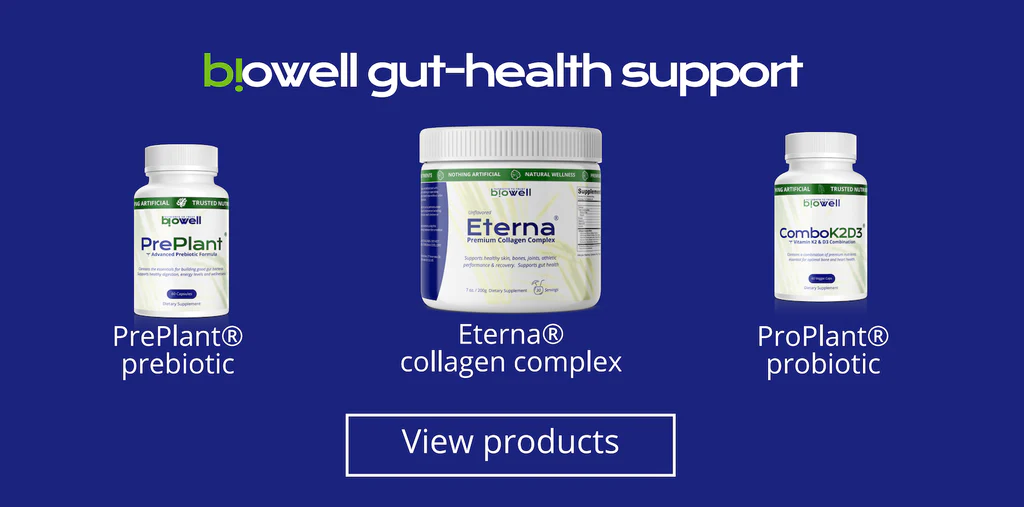Probiotics have become a bit of a buzzword lately, you might even be consuming your fair share of yogurt or kimchi, possibly even use a daily probiotic supplement for your health goals.
Your gut naturally contains probiotics, the beneficial bacteria. There’s a balance in your body between this helpful bacteria, and potentially harmful bacteria. Tipping this balance may lead to various health conditions.
What are Psychobiotics?
Lately, research has centered on a group of probiotics, called psychobiotics, live bacteria that might support a mental health benefit by affecting microbiota of the host organism. These bacteria could potentially help to treat a range of mental health conditions, including depression, and boost mood.
The gut-brain axis
Experts believe there’s a strong connection, also known as the gut-brain axis, between your gut and your brain. The gut-brain axis links your central nervous system, which includes your brain and spinal cord, to your gastrointestinal tract (GI tract).
Microorganisms in your gut, including probiotics, play a crucial role in the GBA by
1. producing neurotransmitters that can adversely affect appetite, mood, or sleep patterns.
2. reducing inflammation in your body. (Inflammation can contribute to depression)
3. affecting cognitive function and stress response.
A 2015 study suggests the GBA may be the 'missing link' in our understanding of depression and its causes.(1)
Research into gut related mental health issues
Various studies have shown the probiotic Bifidobacterium longum NCC3001 may improve quality of life and reduce symptoms of depression in people with irritable bowel syndrome (IBS).(2)
A study of patients with major depression taking a probiotic supplement containing three bacteria strains for eight weeks produced lower scores on the Beck Depression Inventory, an index for measuring depression symptoms.(3) and further studies show that symptoms of depression were alleviated by taking a daily probiotic supplement.
Are probiotics safe?
When you consider probiotics already exist naturally in your body and they’re also found in many foods.
If you have a weakened immune system or receiving cancer treatment, probiotics could interfere with some medications, including antibiotics and some antifungal treatments. So always check with your healthcare provider before starting any new supplement, disclosing any medications you're already taking, including over-the-counter drugs, vitamins, or supplements.
References
1. https://www.ncbi.nlm.nih.gov/pmc/articles/PMC4662178/
2. https://www.gastrojournal.org/article/S0016-5085(17)35557-9/fulltextarticle
3. https://www.sciencedirect.com/science/article/abs/pii/S0899900715003913?via%3Dihub


